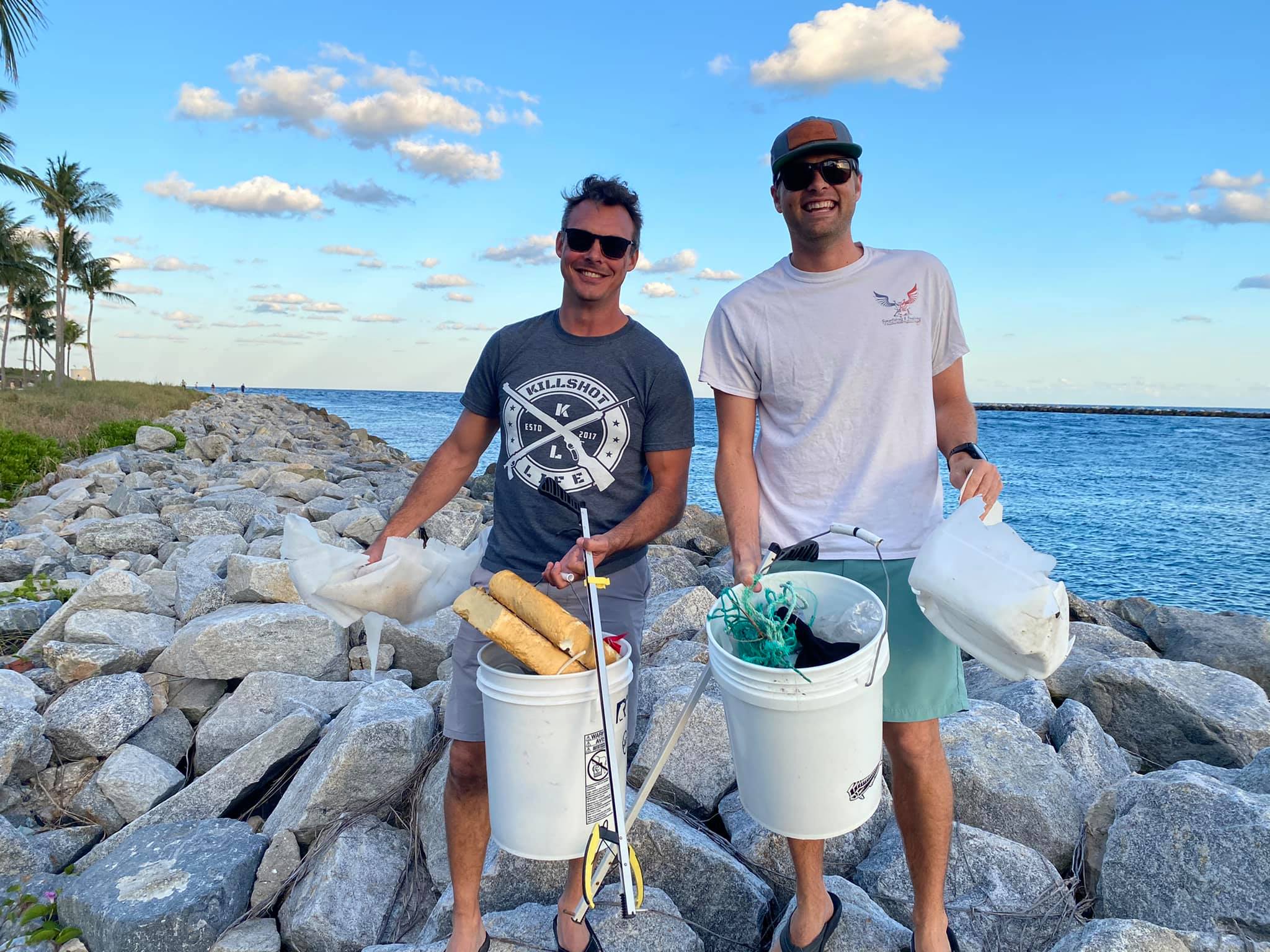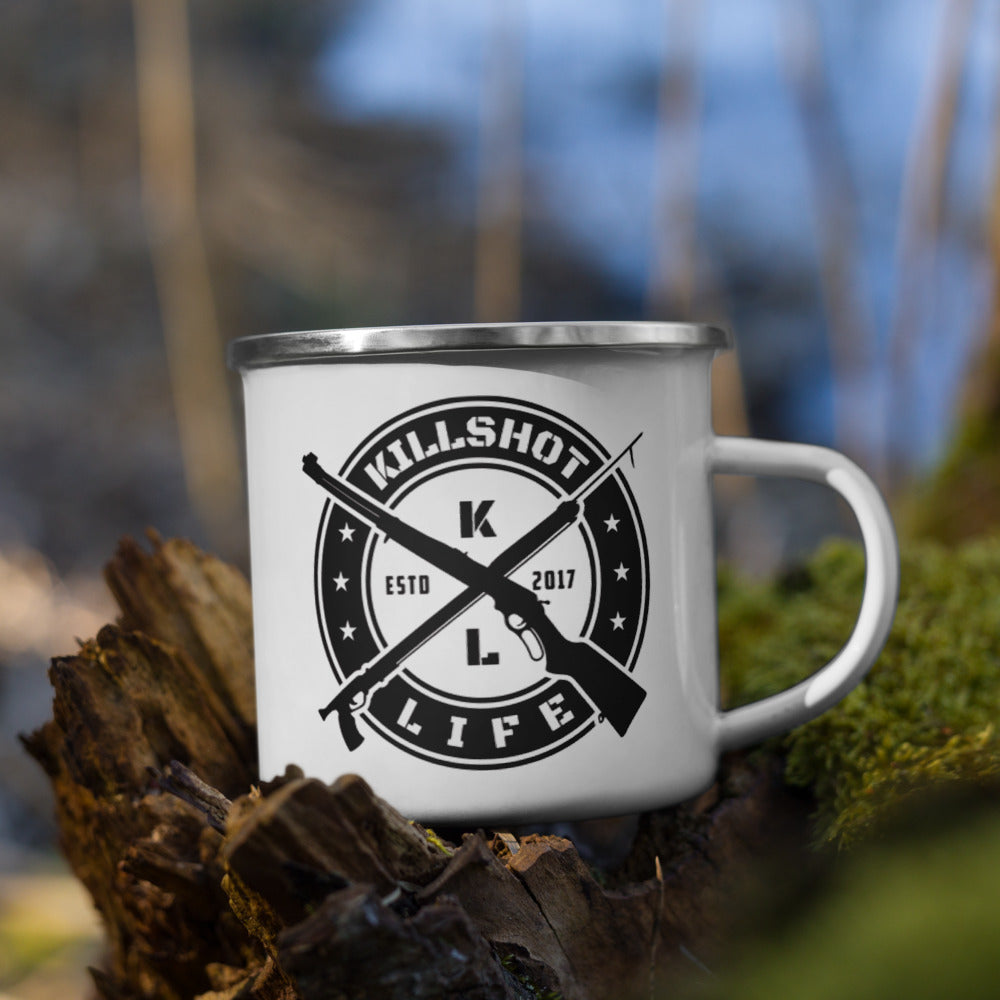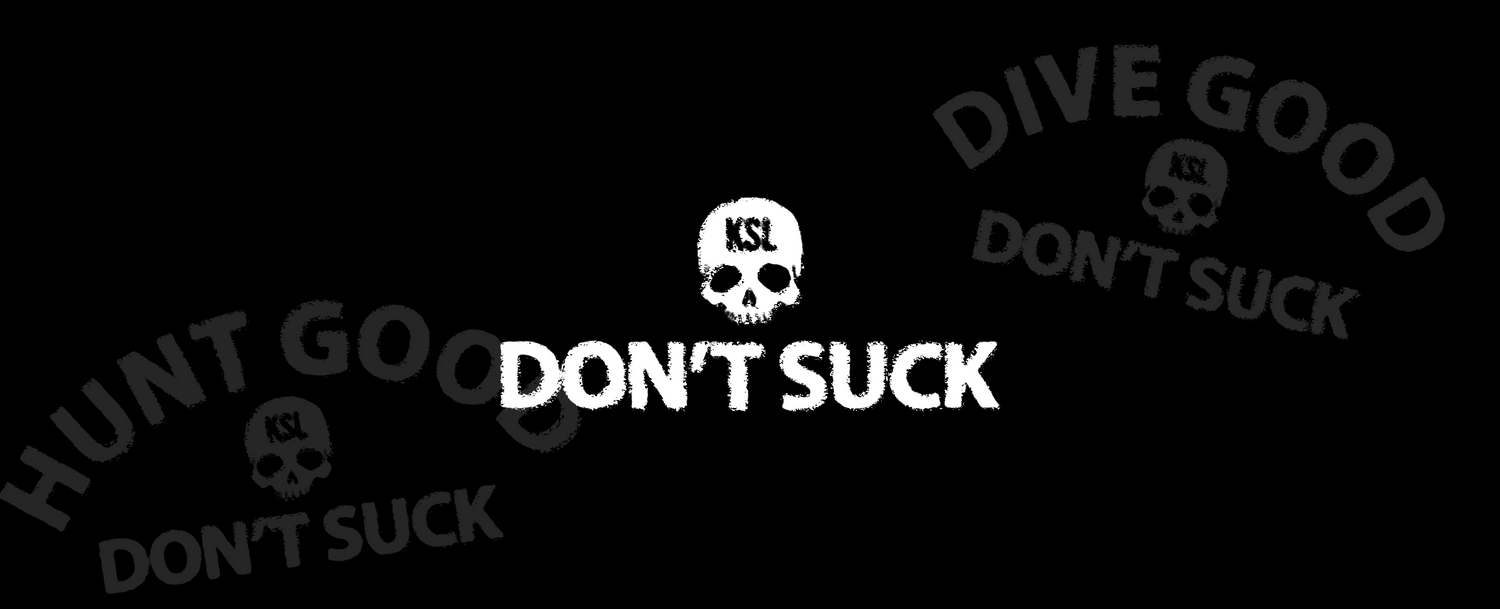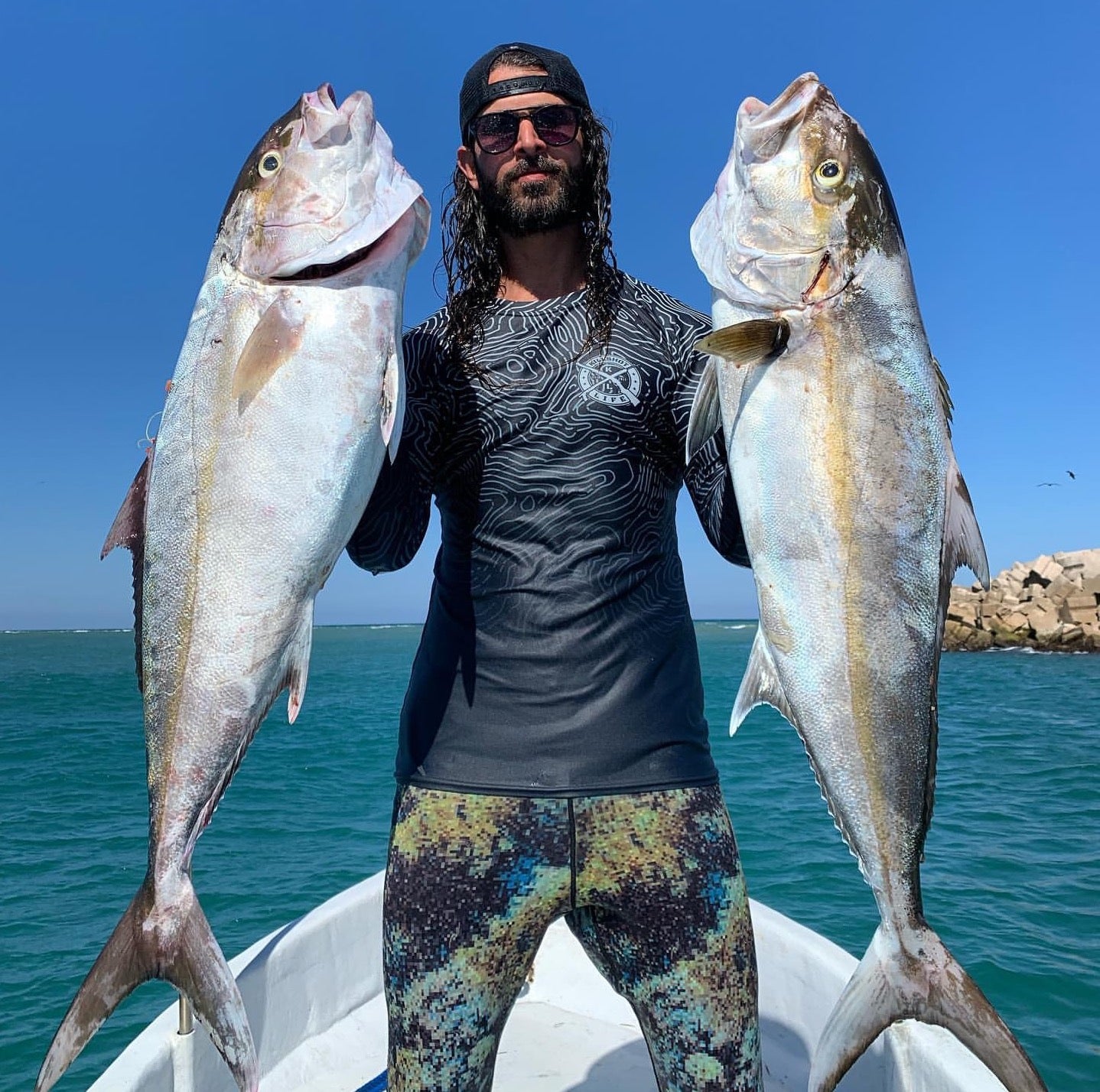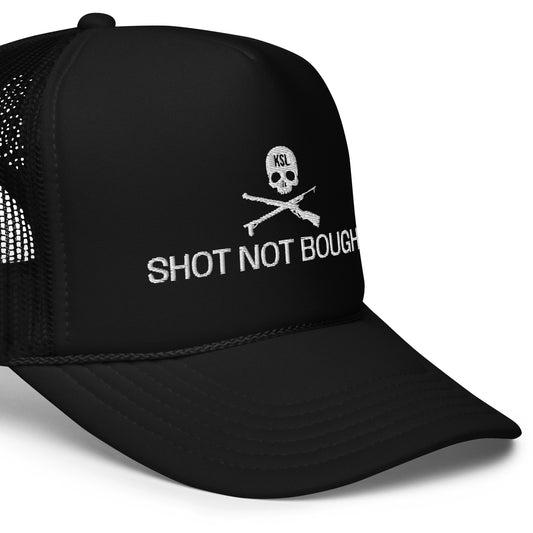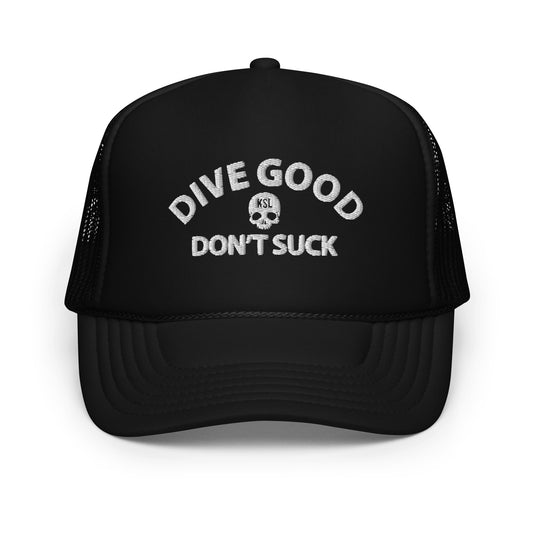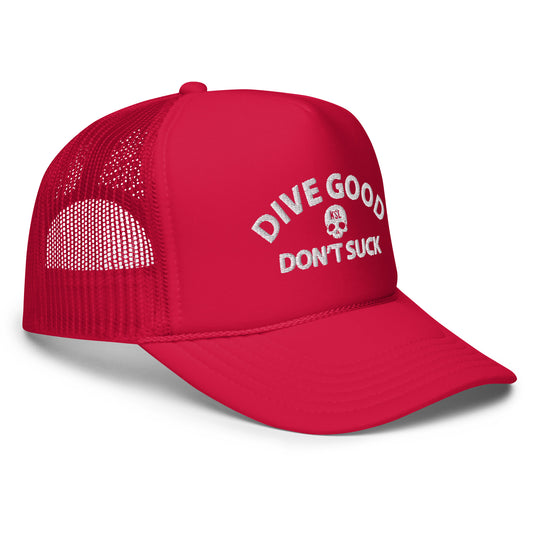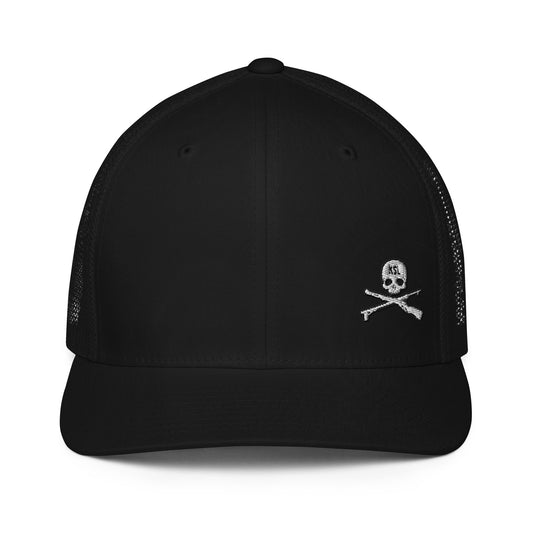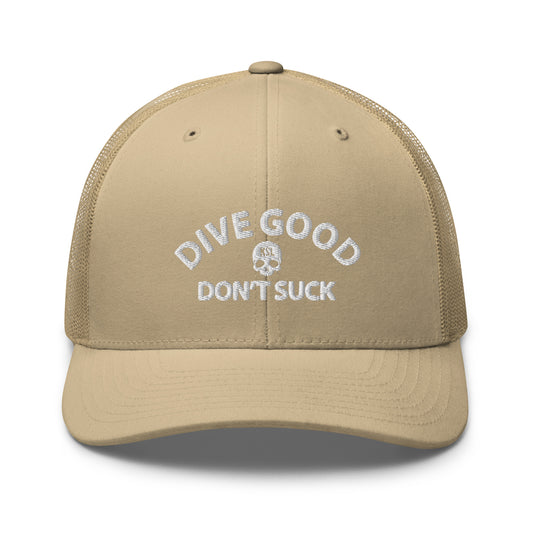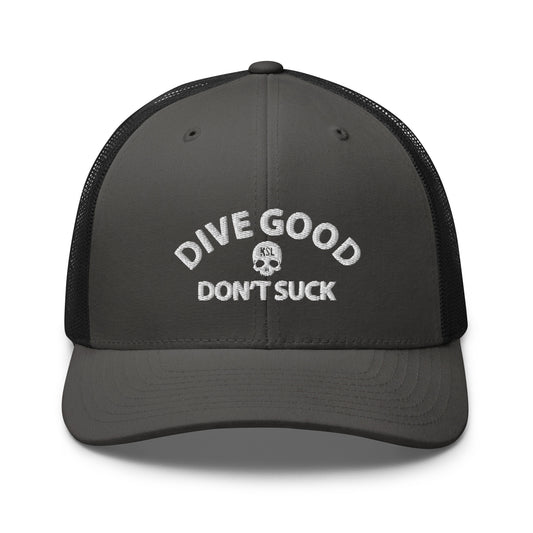Freedive Spearfishing vs Scuba Spearfishing - Pros and Cons
Share

Spearfishing connects humans to the underwater world in a way few other activities can, blending hunting skills with aquatic exploration. Within the community, a spirited debate often arises over two popular approaches: freedive spearfishing and scuba spearfishing. Each method offers unique benefits and challenges, catering to different preferences, skill levels, and environments. This article delves into the pros and cons of both, along with considerations such as risks, equipment reliance, and the physiological demands of each approach.
Just getting into spearfishing? Check out our curated equipment lists for some inspiration.
Freedive Spearfishing
Freedive spearfishing involves holding your breath and diving into the depths without any external breathing apparatus. This primal and minimalist method emphasizes physical and mental endurance, stealth, and discipline.

Pros
- Minimal Equipment: Freedivers need only a mask, snorkel, fins, and a speargun or pole spear. The simplicity of the gear keeps costs low and setup easy.
- Silent and Stealthy: Freedivers don’t produce the noise of bubbles or mechanical gear, making it easier to get close to fish without startling them.
- Eco-Friendly: Freediving has a lower environmental footprint, with minimal risk of damaging coral reefs or stirring up sediment.
- Improves Physical Fitness: Freediving is an intense workout that builds lung capacity, stamina, and overall fitness. It also requires mental focus, teaching patience and mindfulness.
- Legal in More Areas: Freedive spearfishing is widely accepted in most locations, whereas scuba spearfishing is restricted or banned in many regions to protect marine ecosystems.
- Deeper Connection to the Ocean: Without equipment noise, freedivers often describe a serene and immersive experience, feeling more connected to the underwater world.
Cons
- Limited Bottom Time: Freedivers are constrained by how long they can hold their breath, making it harder to observe fish or wait for the perfect shot.
- Physical and Mental Demand: It takes significant training, fitness, and practice to safely dive to deeper depths and hunt effectively.
- Shallower Depths for Beginners: New divers may feel restricted to shallow waters until they gain confidence and improve their breath-holding abilities.
- Risk of Shallow Water Blackout: Pushing limits while freediving can lead to hypoxia, causing divers to lose consciousness near the surface—a life-threatening situation without proper training or a dive buddy.
Scuba Spearfishing
Scuba spearfishing utilizes a self-contained underwater breathing apparatus (SCUBA) to extend dive time and allow for hunting at greater depths. This approach appeals to those looking for longer and deeper underwater experiences.

Pros
- Extended Dive Time: Scuba allows divers to remain underwater for extended periods, giving ample time to locate and hunt fish or observe marine life.
- Access to Greater Depths: Scuba gear enables access to depths that are impractical or impossible for most freedivers.
- Easier for Beginners: Scuba eliminates the need for advanced breath-holding techniques, making it more accessible for those new to spearfishing or diving.
- Enhanced Observation: With the ability to stay submerged longer, scuba divers can better explore underwater terrain, learn fish behavior, and wait for the perfect shot.
- More Relaxed Hunting: Scuba gear reduces the pressure of needing to surface frequently, making the experience less physically taxing.
Cons
- Noise and Disturbance: The bubbles and sounds from scuba gear can scare off fish, making it harder to approach targets stealthily.
- Bulky Equipment: Tanks, regulators, and other scuba gear can feel cumbersome, reducing mobility and making it harder to navigate complex environments like reefs or caves.
- Environmental Impact: Improper buoyancy control or accidental contact with coral reefs can damage delicate ecosystems, highlighting the importance of careful diving practices.
- Higher Costs: Scuba diving requires significant investment in training, certification, and gear, as well as ongoing maintenance and tank refills.
- Regulatory Restrictions: Many regions prohibit scuba spearfishing to prevent overfishing and protect vulnerable marine habitats.
Additional Considerations: Risks of Equipment Dependence
Scuba spearfishing comes with inherent risks tied to reliance on equipment. Divers depend on their gear for survival, and any malfunction can lead to life-threatening situations.
Common Risks of Scuba Equipment Dependence
- Regulator Failure: A malfunction in the regulator, which delivers air from the tank, can cut off the diver’s air supply. This is especially dangerous at depth, where rapid ascents can cause injury.
- Tank or Gauge Issues: Faulty tanks or inaccurate pressure gauges can mislead divers about how much air they have left, increasing the risk of running out of air.
- Buoyancy Problems: Malfunctioning buoyancy compensator devices (BCDs) can make it difficult to maintain proper depth or surface safely.
Physiological Risks of Breathing Compressed Air at Depth
Scuba diving also involves physiological risks due to the effects of breathing compressed air at depth. Understanding these risks is essential for safe scuba spearfishing:
- Nitrogen Narcosis: At depths of 80 feet or more, nitrogen from compressed air can cause a narcotic effect, impairing judgment and reaction times. This can lead to poor decision-making, such as pursuing fish in unsafe conditions.
- Decompression Sickness (DCS): Prolonged exposure to pressure increases the amount of nitrogen dissolved in the body. Ascending too quickly can cause nitrogen bubbles to form in the bloodstream, leading to symptoms ranging from joint pain to paralysis or even death.
- Oxygen Toxicity: At depths exceeding recreational limits, the high concentration of oxygen can cause toxicity, leading to seizures or unconsciousness.
- Barotrauma: Rapid pressure changes can cause injuries to the ears, sinuses, or lungs if a diver fails to equalize pressure effectively.
Which Should You Choose?
The decision between freedive and scuba spearfishing boils down to your goals, experience, and the environment you’re exploring.
- Freedive spearfishing is ideal for those who value minimalism, stealth, and physical challenge. It’s also the go-to method in areas where scuba spearfishing is restricted.
- Scuba spearfishing offers the advantage of prolonged bottom time and access to greater depths, making it well-suited for hunting in deepwater environments or for beginners who prefer a less physically demanding option.
Both methods require a commitment to ethical hunting practices, respect for marine ecosystems, and adherence to safety protocols. Whether freediving or scuba diving, the key to success lies in preparation, training, and responsible behavior.
Have you tried either method? Share your experiences and tips in the comments below!

